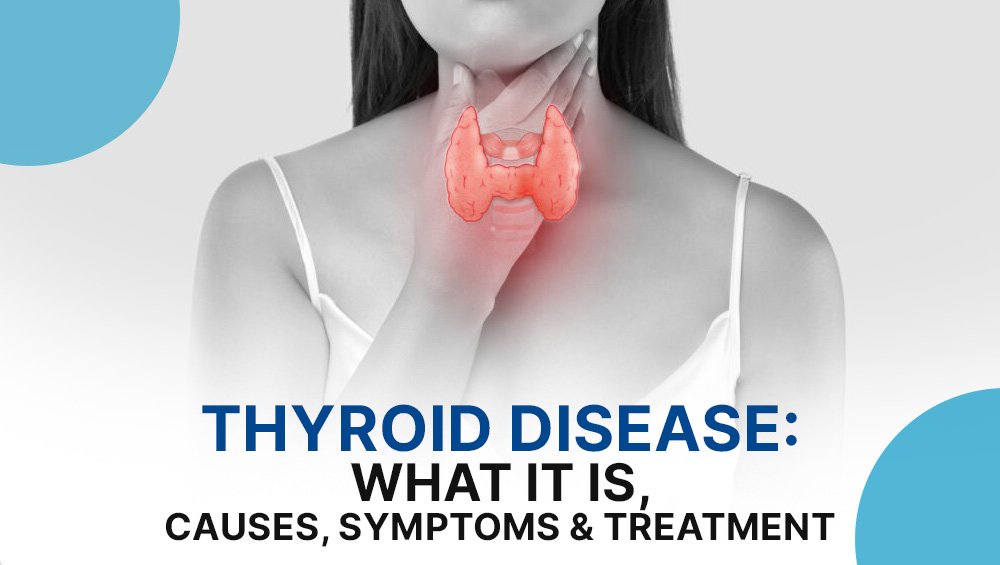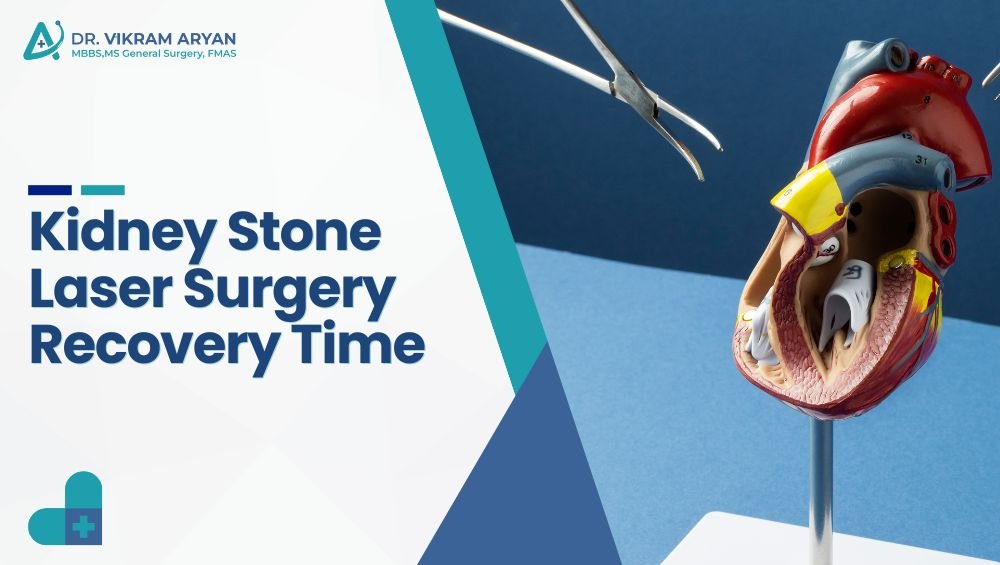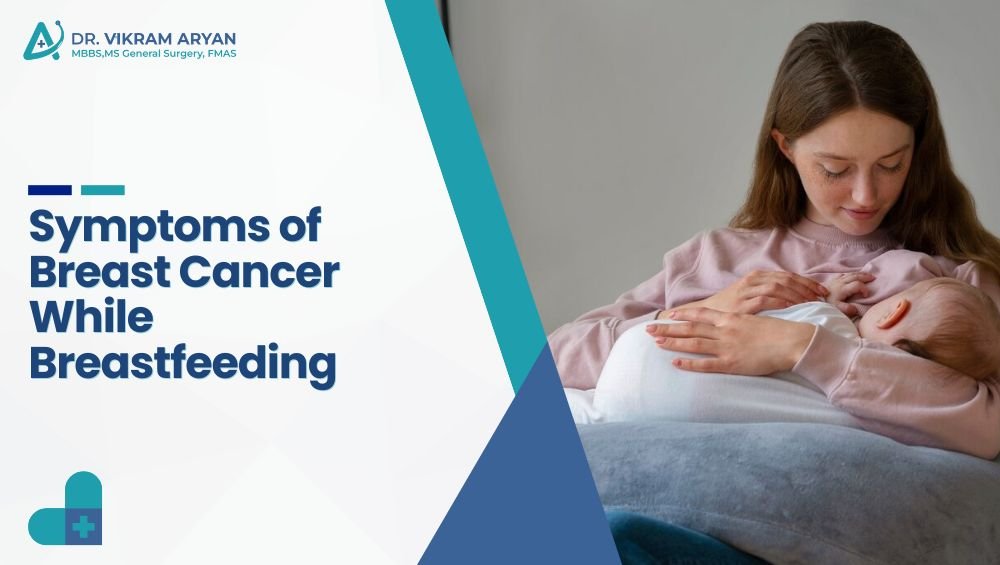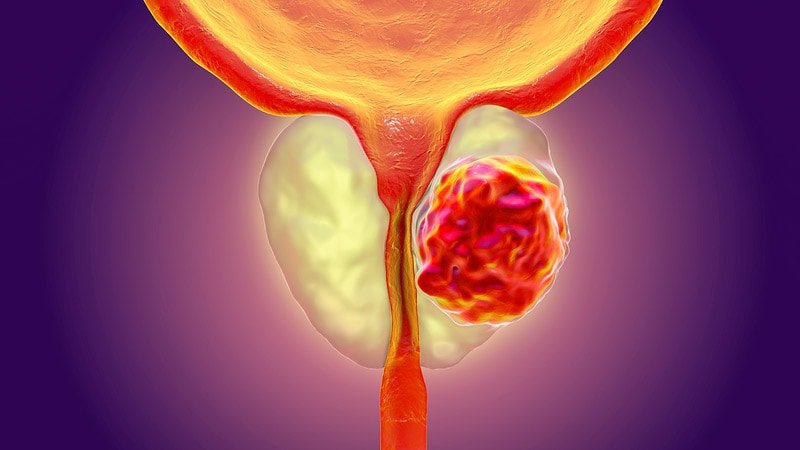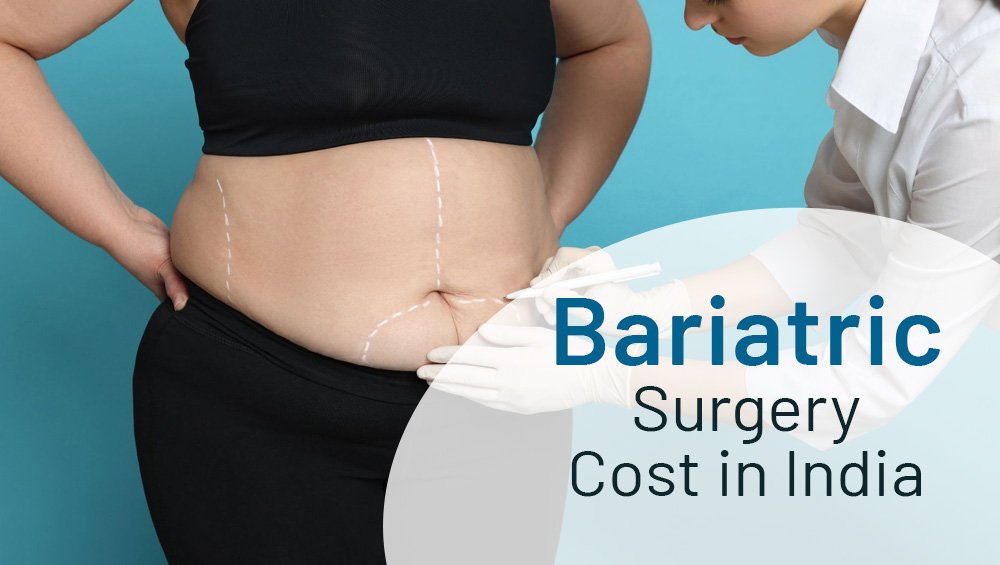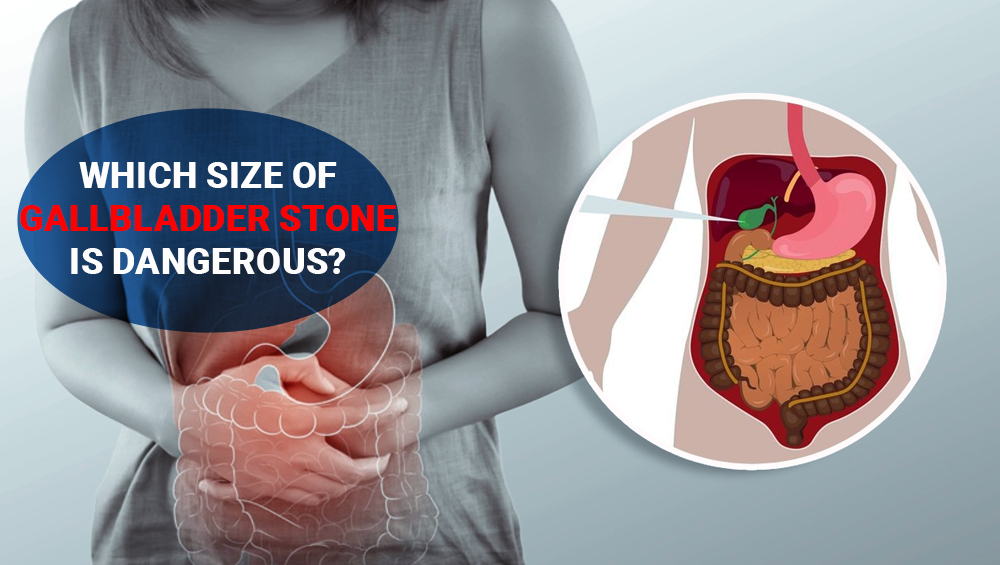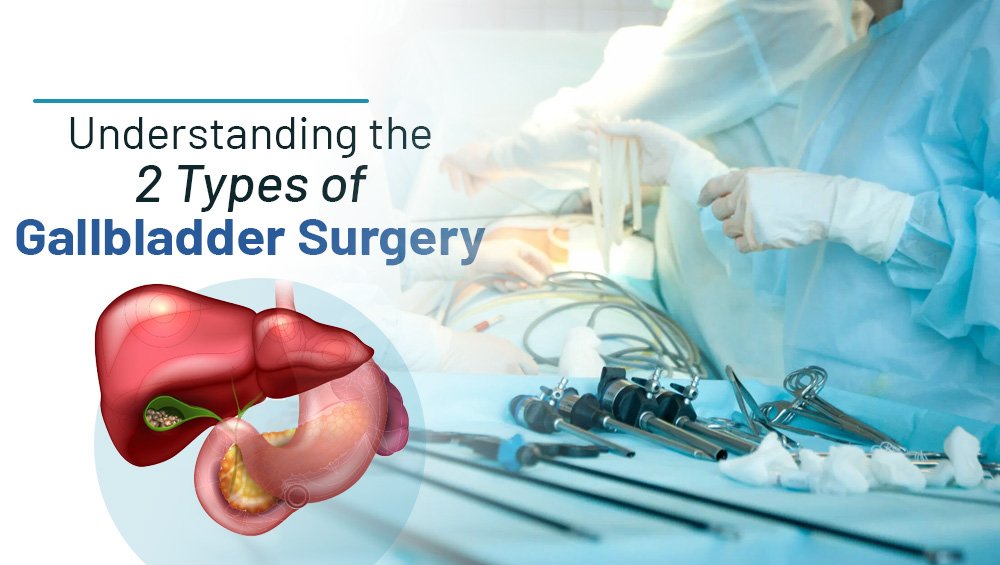Within your body, you have a small butterfly-shaped gland sitting at the lower end of your neck known as a thyroid, the role of which seems to be rather huge even though the size of this gland is rather small. It controls your metabolism, energy, temperature and even heart rate by release of essential hormones. Initially, when the working of the thyroid does not work correctly, various health complications may arise as a result of this condition, also known as the thyroid disease.This blog will give you an insight into what thyroid disease is, its causes, its common symptoms, and treatment methods.
What is Thyroid Disease?
Thyroid disease is a category of ailments, which influences the functionality of the thyroid gland given that it cannot produce the proper quantity of hormones. Thyroid disease most commonly takes two forms:-
- Hypothyroidism: A weak thyroid gland which secretes insufficient thyroid.
- Hyperthyroidism- Hyperthyroidism is the excessive production of hormone by the thyroid.
Other thyroid-related conditions are:
- Goiter built in the thyroid abnormally.
- Thyroid nodules- They are lumps in the thyroid gland.
- Thyroiditis- The swelling of the thyroid.
- Thyroid cancer- A mild but dangerous disorder.
Common Thyroid Symptoms to Watch For
The roots of the thyroid problems may be related to a variety of causes:
Autoimmune Disorders
Hashimoto Thyroiditis: It is the hypothyroidism disease found in most patients. The thyroid is destroyed by the immune system hampering the generation of the hormones.Graves Disease: The most common cause of hyperthyroid. Immune system stimulates the thyroid gland to produce superfluous amounts of hormones.
Iodine Deficiency
Iodine plays critical role in the formation of thyroid hormones. Lacking sufficient iodine may induce goiter and hypothyroidism; the intake of too much iodine may cause hyperthyroidism in vulnerable people.
Thyroid Surgery or Radiation Treatment
Hypothyroidism may arise due to removal of the thyroid, such as during thyroid surgery in Gurgaon , or in cases where an individual is exposed to radiations (with head/neck cancers information).
- Medications Certain medications such as lithium or amiodarone may cause interference in thyroid hormone synthesis.
- Congenital Conditions In extreme situations, newborns are found with a defective thyroid gland (congenital hypothyroidism).
- Thyroid Nodules or Tumors Hormones can be affected by noncancerous nodules. Normal thyroid function can also be disturbed by the occurrence of thyroid cancer which is not usual.
Thyroid Disease Symptoms
The thyroid symptoms are based on the hypothyroid or hyperthyroid condition.
Symptoms of Hypothyroidism (Thyroid Underactive Condition):
- Fatigue
- Weight gain
- Cold intolerance
- Dry skin
- Depression
- Heart rate.
- Constipation
- Puffy face
- Hoarseness
- Menstrual irregularities
- Memory problems
Hyperthyroidism (Overactive Thyroid): Signs of Thyroid Issues
- Gaining weight in spite of eating food
- Worried or cranky Anxiety or irritability
- Fast heart rate or palpitations
- Sweating/intolerance to heat Sweating or intolerance to heat
- Tremors
- Normal movements of the bowel
- Difficulty sleeping
- Hair and thin skin
- Menstrual disturbances
When to See a Doctor for Thyroid Issues?
Chronic fatigue, not supported by weight gain or loss, or mood swings, should be taken to the doctor. When untreated, thyroid disorders may result in infertility, heart complications, goiter, and in the worse situation, enable conditions like myxedema or the thyroid storm that is life-threatening.
Thyroid disease Diagnosis
A physician can suggest thyroid issues through:
- Blood Tests: These include analysis of TSH (thyroid-stimulating hormone), T 3 and t 4 hormones. There is abnormal level signifying hypothyroidism or hyperthyroidism.
- Ultrasound: It assists in providing an indication of nodules or inflammation in the thyroid.
- Radioactive Iodine Uptake Test: The test is used to know the degree at which your thyroid sucks up iodine.
- Fine Needle Aspiration Biopsy: This is used when checking the thyroid nodules to see whether the cancer cells are present.
Treatment Options for Thyroid Disease
Proper medical care and lifestyle transformation makes thyroid disease manageable. The treatment is based on the nature and intensity of the condition.
For Hypothyroidism:
- Levothyroxine: An artificial form of the thyroid hormone, which is used in daily amounts, and helps in replacement of the normal hormone levels.
- Frequent monitoring: The dosage usually requires changes as time progresses.
For Hyperthyroidism:
- Antithyroid drugs (such as methimazole): suppress manufacturing of hormones.
- Radioactive iodine treatment: Kills uncontrollable thyroid cells.
- Beta-blockers: Assist in managing such symptoms as the rapid heart rate.
- Thyroidectomy (surgery): Surgery can be indicated in serious or in cases where initial treatments have proved ineffective.
In the case of Thyroid Nodules or Cancer:
- It might be necessary to take out all or some of the thyroid through surgical operation.
- Radiation therapy after an operation in the form of radioactive iodine to kill any remaining tissue or cancer.
- In case of removal of the thyroid, the long-term use of hormone replacement therapy might be necessary.
Does Thyroid Disease Have Prevention?
Although you are unable to prevent autoimmune-related thyroid disease all the time, there are ways to limit your risk by:
- Adequate intake of iodine (particularly where there is low intake of the mineral).
- Not being exposed to radiations around the neck.
- Hard check-ins, particularly on the off chance that you have a chronic illness in your family.
Dietary Lifestyle Management Advice to Control Thyroid Health
- Remain regular with your medicines.
- Consume balanced diet containing a lot of iodine, selenium, and zinc.
- Control stress, which is a risk factor that worsens autoimmune disorders.
- Engage in regular exercises to increase metabolism and uplift your mood.
- Smoking is to be avoided because the thyroid can be impaired.
The Bottom Line Is To Rely On A Thyroid Specialist
Thyroid disease, as many are affected by, is not to be neglected. In case of early identification and treatment, you are able to live a normal life. Having a mild disease or some complicated problem with your thyroid, it is advisable to visit a highly experienced professional.Introducing
Dr. Vikram Aryan, the best general surgeon in Gurgaon
. He has enough experience (more than 18 years)
when it comes to managing cases related to thyroid functions and, at the same time, has a patient-centered approach to provide safe diagnosis, surgical activities, and long-term management of thyroid disorders.Want to see a thyroid specialist and experience the long-term remedy?
Book your consultation with Gurgaon's top thyroid specialist Dr. Vikram Aryan today
and take the first step towards better thyroid health.
